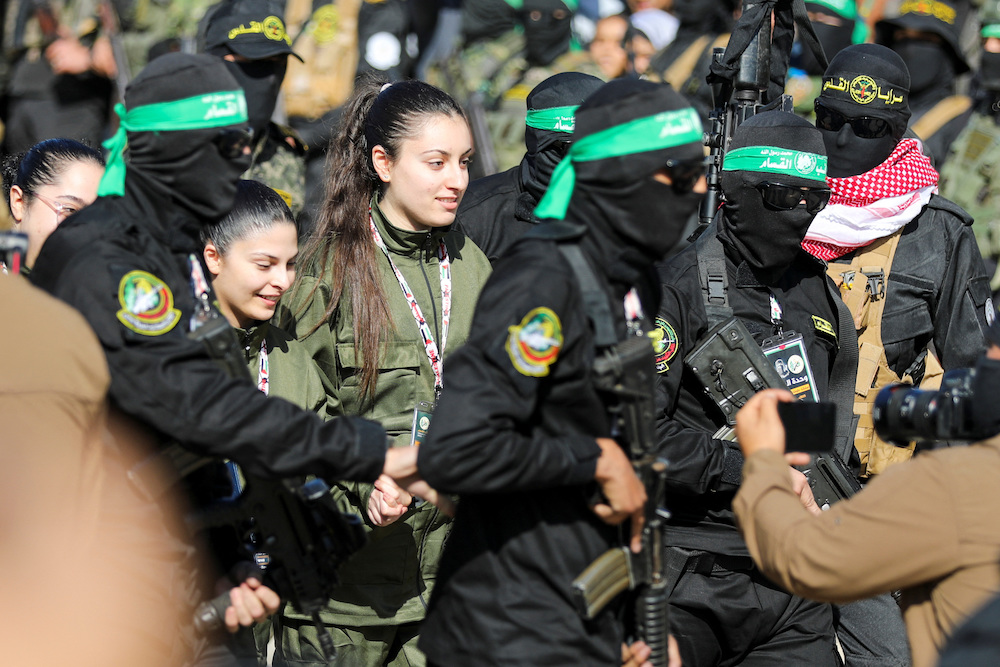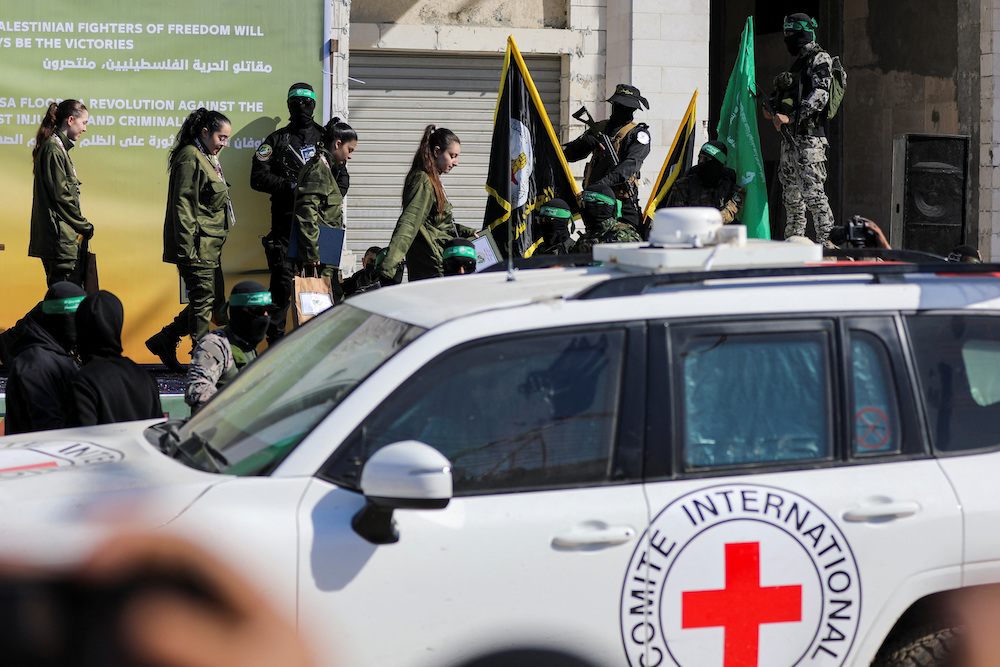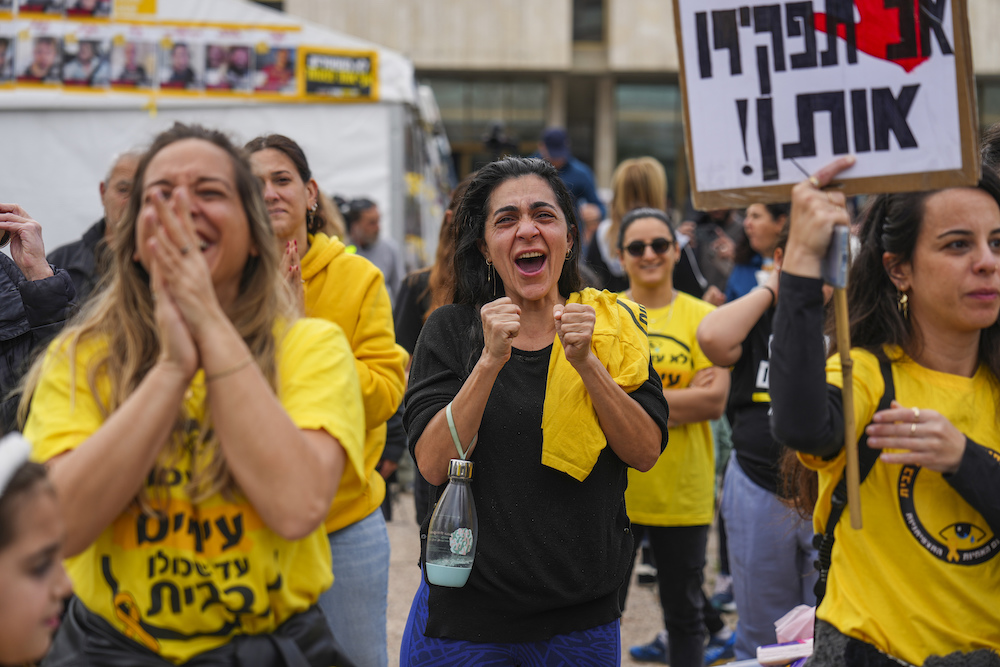DUBAI: Students in the UAE are preparing to return to schools in September after a six-month shutdown because of COVID-19.
But for many parents, the unprecedented period has sparked an interest in alternative ways to educate their children while keeping them safe from the virus.
One alternative is homeschooling — a form of education where children are taught at home, usually by parents, without following the rigid structure of traditional schooling methods.
Michaela Cooper, founder of Dubai and Northern Emirates Homeschooling Association (Duneha), said there is an increase in the number of parents interested in homeschooling. She said it is likely linked to the pandemic.
“We’ve had a major increase in individuals interested in homeschooling. I think that it is directly related to the pandemic,” she told Arab News. “We have thousands, literally hundreds per week joining the Facebook page. The majority of them said they have withdrawn their children from school and that they will be homeschooling them.”
When schools were shut in March, education transferred to online platforms. Institutions scrambled to create virtual classrooms and keep the academic year on track.
But Cooper, who has been homeschooling her children for a combined 28 years, said distance learning has not been effective for many parents, pushing them to rethink the way they want their kids to receive their education.
“I’ve spoken to hundreds of parents who have said they’ve seen how distance learning looks,” she said.
Although financial issues were given as a reason by interested parents, Cooper said it is not always the cause.
“I’ve met a lot who could easily afford private schools but have removed their children from them simply because they feel like they would rather take homeschooling on,” she said.
“Everyone has their own specific reasons, but a good number of them have been financial or the fact that they weren’t necessarily pleased with what they saw with online learning,” she added.
Cooper was excited at the spike in interest, as she talked about how homeschooling could offer better results for children.
“The biggest takeaway was the child-centered aspect. It wasn’t myself or any other adult insisting that this is the path you must take, these are subjects you have to take. You must do this or that,” she said.
“Give children the freedom to learn the things they want to learn and the subjects that they find interesting, and to take the path that will ultimately be their own,” Cooper, known in the community as Aminah, said.
Ramesh Mudgal, a Dubai-based school principal, admitted it was a “learning curve” for both parents and students, who suddenly had to adapt to a new environment because of the pandemic.
“There were parents and students who were not very comfortable with the usage of live webinars, for example Zoom, and the technical aspect of it. There was a little bit of a challenge, but everyone has understood it’s an unprecedented situation. They all have to adapt to this,” Mudgal, who heads the Dubai branch of Global Indian International School, told Arab News.
Mudgal acknowledged the impact of the pandemic on education and stressed the importance of continuity.
“It has impacted everything. It has impacted how lessons are delivered. It has impacted how the teachers had to adopt everything and find out newer ways of engaging the students, ensuring there is collaboration,” he said.
When asked whether he thought homeschooling could become the norm after the pandemic, Mudgal said it was unlikely.
“In my opinion, and based on what I have read from international journals and education networks, and everywhere else, I do not see any significant increase in the number of parents opting for homeschooling,” he said.
Mudgal said homeschooling could be challenging for some parents because “it requires a whole lot of preparation — that means the amount of time and the amount of effort which parents have to put into homeschooling a child.”
But many parents do not see it as a challenge, including Cooper and long-time homeschooling father Jazeer Jamal, who has noticed an increase in the number of parents asking him about it.
“I have had several parents contact me just to look into homeschooling or to know more about how we have been managing to teach at home for all these years,” he said.
Jamal said the homeschooling community in the UAE is growing “in the number of organizations, chat groups, events and so on,” amid the pandemic.
The 37-year-old Sharjah-based entrepreneur homeschooled his three children from the age of three, and has been active in promoting homeschooling in the country, where he said there is recognition from the government.
Responding to criticism about the social aspect of home education, both Jamal and Cooper said it was the biggest myth about homeschooling, with the pandemic demonstrating how social interaction could still be done without the physical presence of a traditional school.
“The difference between the socialization of commercial schooling and homeschooling is choice. Being parents, we play a big role in creating a safe social environment for our children and providing the required emotional support to interact with their peers,” Jamal said.
The pandemic has opened up important discussions about education, not just in the UAE, but globally. It is up to parents to decide how their children should be educated, whether from the comfort of home or traditional classrooms.





























